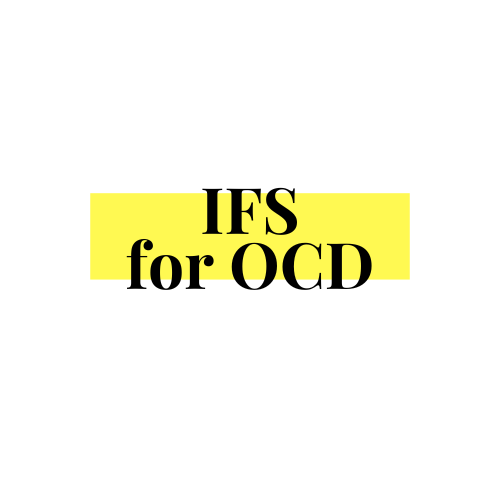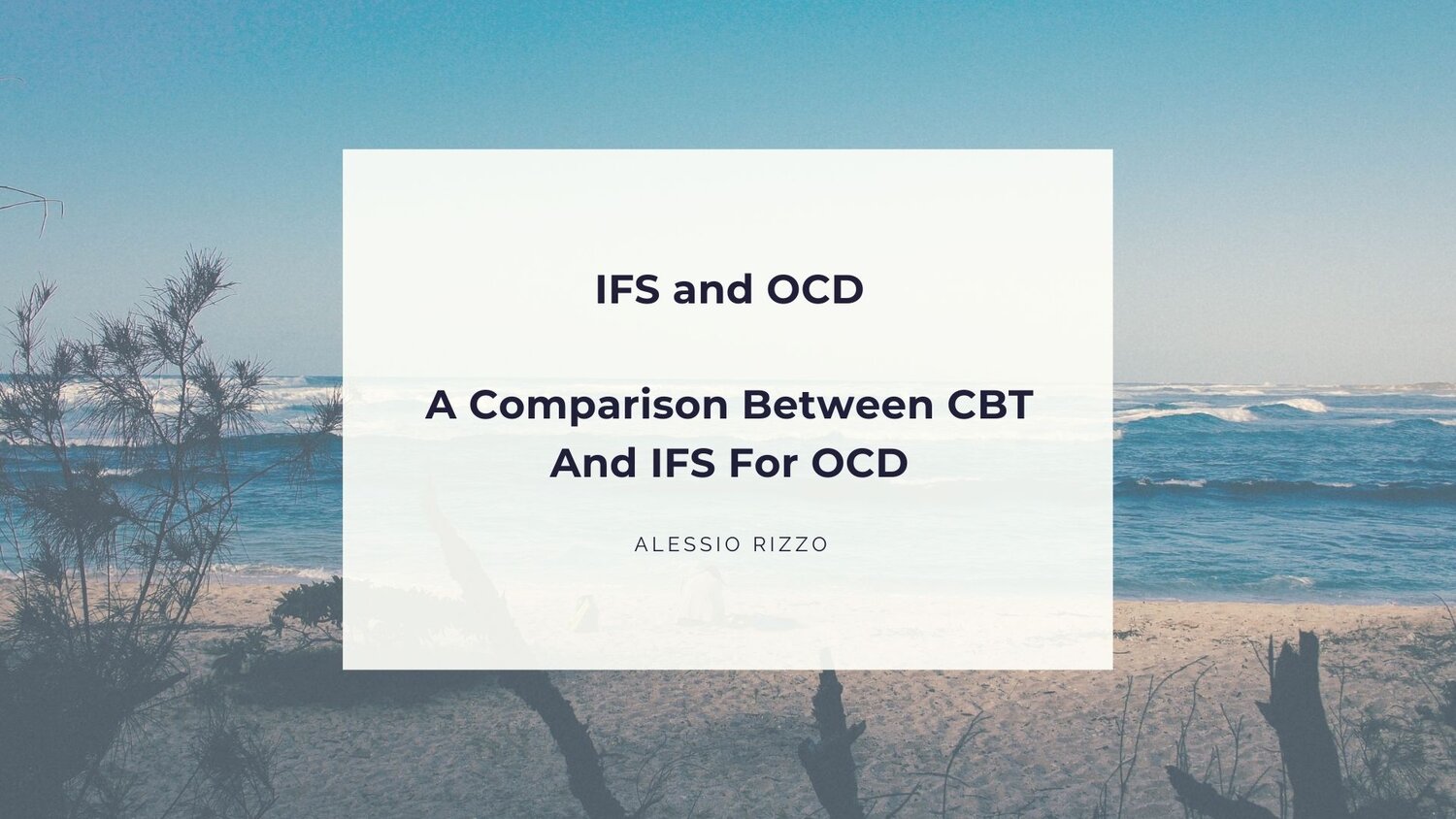
A great article by UK psychotherapist Alessio Rizzo on using internal family systems (IFS) for understanding and treating OCD:

OCD from an IFS perspective — Therapy with Alessio
Discover how IFS (Internal Family Systems) sees OCD based on the writings of the founder, Richard C. Schwartz
The article discusses the application of Internal Family Systems (IFS) therapy to Obsessive-Compulsive Disorder (OCD). The author suggests that OCD can be understood as the interplay of different internal parts within an individual. These parts include:
1. The part that obsesses about specific fears or concerns, such as contamination or illness.
2. The part that activates compulsive behaviors (e.g., handwashing, checking) to alleviate anxiety.
3. The part that desires to "fix" the OCD and wishes it never existed.
4. The part that fears the OCD will never end.
5. The part that wants to ignore or deny the existence of OCD.
The article emphasizes the importance of naming these parts to better understand and interact with them. IFS therapy aims to help clients identify and become aware of when these parts are taking over, leading to healing and therapeutic progress.
IFS proposes that when clients connect to their parts with curiosity, the reasons behind their behaviors are revealed. The therapy suggests that OCD behaviors stem from trauma, and by establishing safe connections with these parts, individuals can heal the underlying trauma and promote health and well-being.
In summary, the article advocates for using IFS therapy to identify and engage with the various internal parts contributing to OCD, with the goal of understanding the reasons behind their actions and healing the trauma associated with the disorder.
Ego state therapy also focuses on strengthening the healthy core self, which represents the central, stable, and authentic part of the individual. By nurturing this core self, the person gains a stronger sense of self-awareness, self-compassion, and self-regulation, which can counterbalance the influence of OCD parts.
It's important to note that ego state therapy for OCD is typically integrated with other evidence-based treatments such as cognitive-behavioral therapy (CBT) and exposure and response prevention (ERP). These additional interventions can provide specific strategies to challenge irrational thoughts, gradually face fears, and reduce compulsive behaviors.
As with any therapy, the effectiveness of ego state therapy for OCD may vary depending on individual factors and the severity of symptoms. It is recommended to work with a qualified therapist who is experienced in both ego state therapy and the treatment of OCD to tailor the therapeutic approach to your specific needs and goals.
------
More info on IFS for OCD:
"...These parts of us that are at times obsessive or compulsive are parts that are just really trying to help. They're not, as I was taught many years ago, when I would talk about my obsessions and compulsions, there was, I remember very distinctly a therapist would put them on a list and say, these are meaningless. These don't have any purpose. We just need to label them and say, these are just something that happens that we need to just identify as not having much of a purpose. They do have a purpose. It is parts trying to help us. So, there is a lot of help for them."
by Richard C. Schwartz:
"Clients come to psychotherapy intent on changing, rather than accepting, their unwanted behaviors, emotions, or thoughts. The problem often is, however, that their lack of self-acceptance is the pri- mary obstacle to change. This article describes how one approach, the Internal Family Systems (IFS) model, fosters clients’ acceptance of all parts of themselves no matter how destructive, and how that acceptance can lead to the transformation of those parts and, in turn, of other people."
"In a short period of time he has revealed that different sets of parts of him are polarized over his compulsion. There is always the temptation for the therapist to want to side with and strengthen the parts that want change, but that will merely increase the polarization, as the other side counters even more rigidly. Plus, doing that is not in the spirit of mindfulness or Self-leadership, which infuses the therapist with a pure curiosity about the parts on both sides, assuming that both have good, albeit sometimes outdated, reasons for their positions. From the beginning, in my responses to his parts, I am conveying an acceptance and respect that can become contagious. It’s the same stance that a good mediator takes in conflict resolution situations and this calm, confident, curious and accepting presence is de-polarizing in and of itself."

IFS and OCD - A comparison between CBT and IFS for OCD — Therapy with Alessio
IFS offers a new way to heal OCD. Here is a comparison between how IFS and CBT deal with OCD

Three steps to deal with intrusive thoughts with IFS (Internal Family Systems) — Therapy with Alessio
Learn what intrusive thoughts are and 3 steps to deal with them from an IFS (Internal Family Systems) perspective

Treating OCD with IFS — Colleen West, Trauma-informed Consulting & Training
Just a word about treating OCD with IFS. Treating obsessive and compulsive parts with IFS is quite different from treating it in the Exposure and Response Prevention, the most commonly recommended approach. IFS treats OCD parts as what they are--managers and fire fighters who have jobs to do. If you

Why Internal Family Systems? | IFS for OCD | Melissa Mose — IFS for OCD: Encounter & Relate
IFS for OCD - Internal Family System for OCD with Psychotherapist Melissa Mose is a new system for families, individuals and practitioners dealing with obsessive compulsive disorder.
